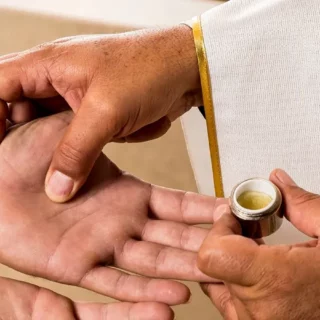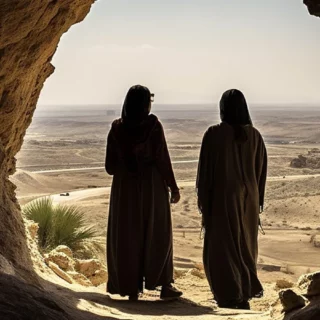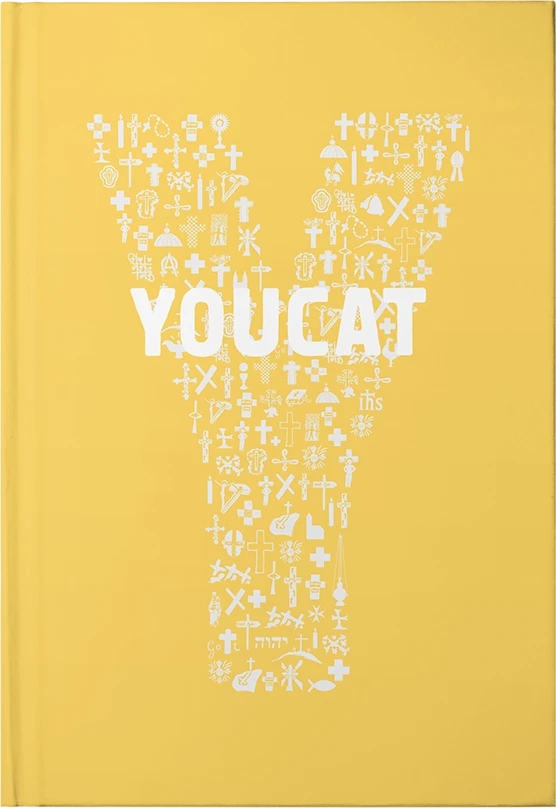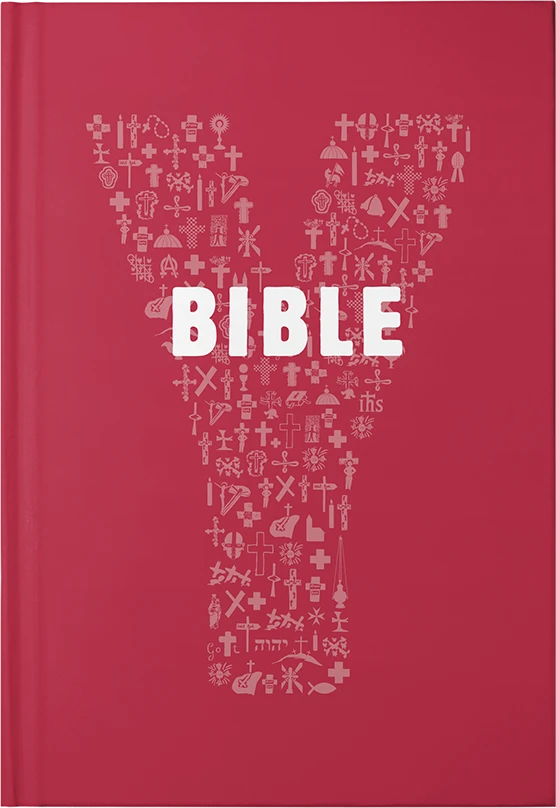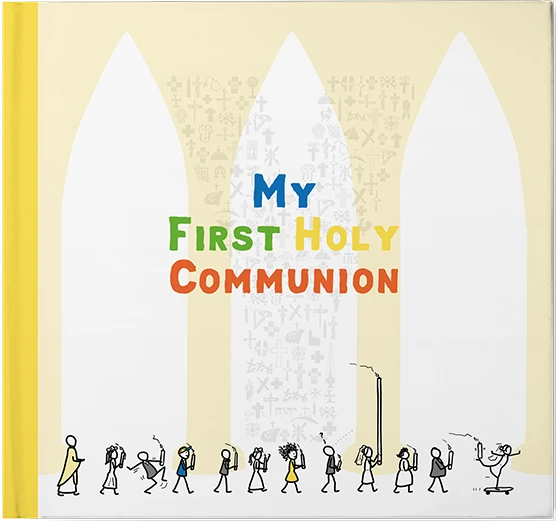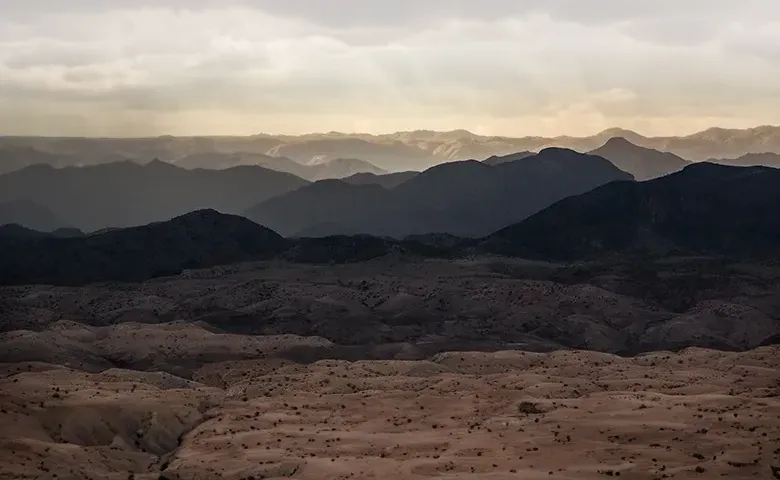

Credopedia
The First Commandment
If there is a priority in the commandments, then the First Commandment of God is the most important, the core, the summary of everything.
What is it?
The Ten Commandments (also “Ten-Word” or “Decalogue” from Greek déka = “ten” and lógos = “word”) are a revelation from God and the original ethical text of the Old Testament. Although the Church has never formally dogmatized the Ten Commandments, they are of absolute validity. As a Christian, one must believe them and follow them. They are divine law – ie: The Church can never dispense with them. The first of the Ten Commandments emphasizes the absolute priority of the one God over everything else that wants to rule people.
What does the Holy Bible say?
The ethical directives of the Ten Commandments are found in Ex 20:1-17 and Dt 5:1-22. From these two sources, the Church has summarized the text we know today as “The Ten Commandments.” They are headed “I am the Lord your God.” Then it says, “1. You shall have no other gods besides Me. 2. You shall not profane the name of God. 3. you shall keep holy the Lord’s day. 4. you shall honor your father and mother. 5. you shall not murder. 6. thou shalt not commit adultery. 7th Thou shalt not steal. 8. thou shalt not bear false witness against thy neighbor. 9th Thou shalt not covet thy neighbor’s wife. 10th Thou shalt not covet thy neighbor’s goods.” Jesus made an explicit commitment to the commandments in the Sermon on the Mount: “Therefore, whoever breaks one of the least of these commandments and teaches others to do so will be called least in the kingdom of heaven. But whoever obeys and teaches these commandments will be called greatest in the kingdom of heaven.” (Mt 5,19) The First Commandment is closely connected with the “Shma Yisrael”, the great confession of faith of the Jewish people: “Hear, O Israel! The LORD is our God, the LORD alone! Therefore, you shall love the LORD, your God, with all your heart, and with all your soul, and with all your strength. Take to heart these words which I enjoin on you today. Drill them into your children. Speak of them at home and abroad, whether you are busy or at rest.” (Dt 6:4-7)
A short YOUCAT-Catechesis
On the mountain of God
It was probably the most memorable journey of my life: in the middle of the night we set out from the oasis to the Bedouin camp at the foot of the Catherine Monastery, to follow from there the serpentine upward path that thousands of years ago Moses had already taken to meet God. “After the journey from Rephidim to the desert of Sinai, they pitched camp. While Israel was encamped here in front of the mountain, Moses went up the mountain to God. (Ex 19: 2-3)
The night was starry. Small campfires flickered everywhere, picturesque shepherd figures huddled over them, sheep bleating: Bethehem feeling. Colorfully decorated camels stood ready in the reflection of the fires to help us pilgrims climb the mountain of God “Camel, Camel … 5 dollars only …”. I resisted the temptation, wanting to meditate on foot the lonely path of the man Moses up through the stony scree.
What was this Moses thinking?
Trusting in God’s guidance, he led the people out of the slave house of Egypt – into the desert. What now? Moses seeks intimacy with God. And obviously finds it on the top of the mountain. What he experiences takes his breath away. Yahweh takes over … – In a kind of act of state, God lets Moses know: ”All the earth is mine. You shall be to me a kingdom of priests, a holy nation.” Condition: “if you hearken to my voice and keep my covenant” (Ex 19:5-6)
What then takes place is described in the Book of Exodus in the style of a grand opera stretching over three days. Moses must prepare the people for something monstrous, something holy, for a singular event of God: “No hand shall touch the mountain.” Wash clothes! No sex for three days! Full concentration! On the third day, then thunder, lightning, sound of horns, clouds of smoke. Then come the Ten Commandments – the constitution, so to speak, the basic law, the founding act of the people of Israel.
The dawn of a new day
Anyone who has ever been to Mount Sinai knows why photographers from all over the world climb this mountain to experience the color symphony of sunrise. From the black-blue of the night, all imaginable colors gradually unfold, from the deepest violet to purple, to a brilliant red, to magical shades of orange, until finally glistening sunshine yellow brings up the brilliant blue of a new day. As I descended from the mountain in this orgy of beauty, I could almost feel what a gift the Ten Commandments were and are – for Israel, but not only for Israel, no, for humanity.
In the Holy Year 2000, the elderly John Paul II, already seriously ill at that time, fulfilled his heart’s desire and visited Mount Sinai. On that occasion he said: “The Ten Commandments are by no means arbitrarily imposed duties of a tyrannical Lord … Today and forever, they alone are the future of the human family. They save man from the destructive power of selfishness, hatred and mendacity. They show him all the false gods that make him a slave: God-excluding self-love, lust for power and pleasure, which overthrow the legal order and degrade our human dignity and that of our neighbor.”
If there is a priority …
If there is a priority in the commandments, then the First Commandment of God is the most important, the core, the summary of everything. All around Israel, the pagan nations worshiped a multitude of gods to whom one had to sacrifice in order to make them merciful. Only Israel recognized the way out of the tyranny: that there is only one God, one only can be – the God who had shown himself to the chosen people as the true God and deliverer from the trouble.
To have one God, only one (!) what a sigh of relief. To no longer have to serve every master who came along, to be free as a bird – how beautiful! And yet: doesn’t “commandment” sound like constriction and deprivation of freedom? One must read it differently: in truth, every single commandment of God consists in an act of God’s caring love, a specific preservation of people from self-destruction and destruction of the humane milieu. As one “forbids” small children to run over the highway, so God lovingly “forbids” what destroys us and our world. Regarding the First Commandment, YOUCAT 355 says: “This commandment forbids us: to worship other gods and idols, or to worship an earthly idol, or to devote ourselves entirely to an earthly good (money, influence, success, beauty, youth, etc. ), to be superstitious, that is, instead of believing in God’s power, guidance, and blessing, to adhere to esoteric, magical, or occult practices, or to engage in divination or spiritualism, to challenge God in words or deeds, to commit sacrilege (= the desecration or profanation of something sacred), to acquire spiritual power through corruption, and to profane the sacred through commerce (simony).”
Many pains suffer those who serve foreign gods
The First Commandment does not refer to a few grains of incense in front of a false cult image. “God” is also not the grinning garden object from the hardware store. God is the greatest thing. That which is worshiped oblivious to self, oblivious to the world. If God is not the true God, other, merciless gods appear. It goes back to Egypt, to the slave house. “My God” can be all that I allow to have power over me, even if it is deadly. “My God” can be the fear that I hold on to so that I don’t have to change. “My God” can be what I sink in the dust from, what I run for my life for, what card I put everything on. “My God” can be the fame, to which I serve as a servant, the power that makes me walk over corpses, the success that makes me sick. Lord over me can also be all manifestations of the sexual, in which I submit to an alien power like the junkie to addictive pressure – wrongly conditioned, out of weakness, compulsively, driven by greed, for whatever reason. “Many pains are suffered by those who follow strange gods. I will not sacrifice to them; I will not take their names on my lips.” (Ps 16:4).

YOUCAT Digital
Discover our digital products, which will help you to grow in faith and become missionaries yourself.
